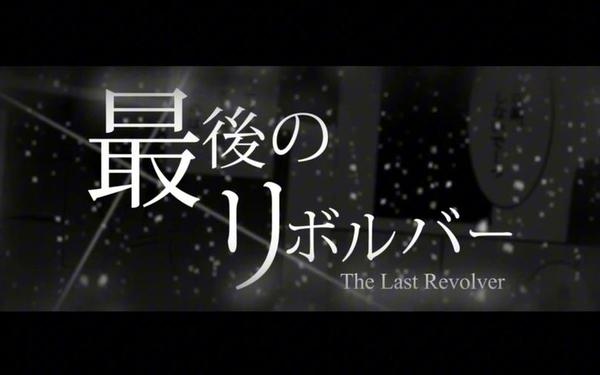
the last-the last和last的区别
77游戏社盒子平台开启你的次世代游戏之旅。77游戏社助手乐园专为国内外单机游戏、手游玩家、网络游戏爱好者打造的推荐高品质手游的分享社区。我们提供各类游戏最新的资讯动态。在这里,超过50,000款精品游戏任你畅玩——从独立制作的匠心之作到the last-the last和last的区别3A级手游大作,我们为你搭建了最丰富的数字游乐场。1亿玩家的共同选择,累计30亿次的热血下载,每一个数字背后都是玩家们用指尖投票的信任。3500万条真实玩家评价构筑起最透明的游戏推荐体系,50万篇深度攻略与测评为你扫清冒险路上的每一个障碍。我们不只是平台,更是10万开发者与亿万玩家相遇的创意集市——每天都有令人惊艳的新作品在这里诞生。立即加入77游戏社折扣平台,与全球玩家一起: 🎮 发现尚未被大众瞩目的宝藏游戏 💡 与开发者直接对话,参与游戏进化 🏆 在专属社区分享你的高光时刻。
The difference between "the last" and "last" (used alone) is primarily one of emphasis and context, especially in spoken English. "The last-the last" isnt a separate grammatical construction, but rather a common spoken pattern for adding strong emphasis or expressing frustration when using "the last".
Heres the breakdown:
1. "Last" (without "the"):
Function: Adjective.
Meaning: Refers to the final one in a sequence or series. It points directly to the thing itself being final.
Examples:
"This is my last cookie." (The final cookie I have)
"He was last in line." (The final position in the line)
"I saw her last week." (The week immediately before this one)
2. "The last":
Function: Definite article ("the") + adjective ("last"). It specifies which particular final item you mean.
Meaning: Refers to the final one in a specific, known, or implied group or sequence. It emphasizes that it is that specific final instance.
Examples:
"The last cookie is mine." (That specific final cookie on the plate)
"He was the last person to arrive." (That specific final person in the group who arrived)
"I missed the last train." (That specific final train of the night)
"This is the last time Im telling you!" (This specific final instance of me telling you)

3. "The last
Function: A spoken discourse marker, not a distinct grammatical form. Its a way of speaking.
Meaning & Purpose:
Strong Emphasis: To stress that something is absolutely, definitively, without exception the final instance, often implying frustration, urgency, or finality. It highlights "the last" more forcefully than simply saying "the last".
Hesitation/Searching for Words: Sometimes, the repetition happens when the speaker is momentarily searching for the right noun to attach "the last" to, especially when flustered.
Emotional Weight: Often conveys annoyance, exasperation, or a sense of critical importance.
Examples (Spoken Context):
"That was the last
"If youre late again, its the last
"I need to catch the last
"He ate the last
Key Differences Summary:
| Feature | "last" (no "the") | "the last" | "the last
| :-
| Form | Adjective | Definite Article + Adjective | Repetition for emphasis (spoken pattern) |
| Meaning | Final one in a sequence | Specific final one in a known group/context | Strong emphasis on finality/frustration |
| Emphasis | Standard | Standard specification | High intensity |
| Tone | Neutral | Neutral or slightly emphatic | Often frustrated, urgent, exasperated |
| Common Use | General description of position/time | Specifying a particular final instance | Spoken English for dramatic effect |
| Formality | Standard formal & informal | Standard formal & informal | Informal speech only |
In essence:
Use "last" to simply describe something as final.
Use "the last" to point to a specific, known final thing.
Use "the last - the last..." (only when speaking) when you want to pound the table and really drive home the point that this is the ABSOLUTE FINAL time, thing, or warning, often because youre fed up or its critically urgent. Its the emphatic, emotional version of "the last".


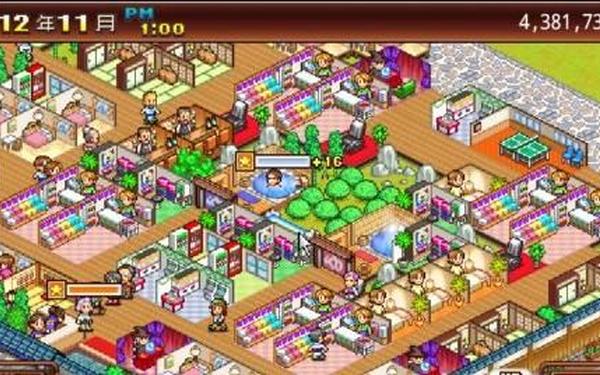




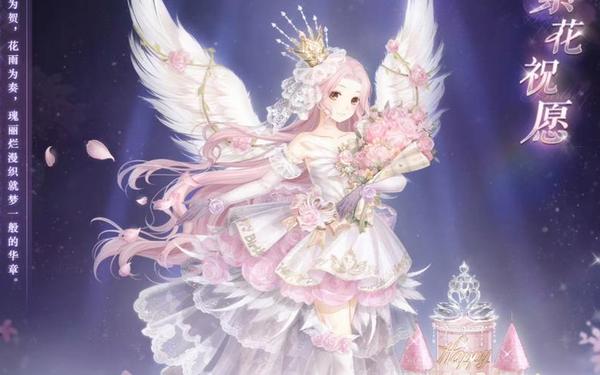


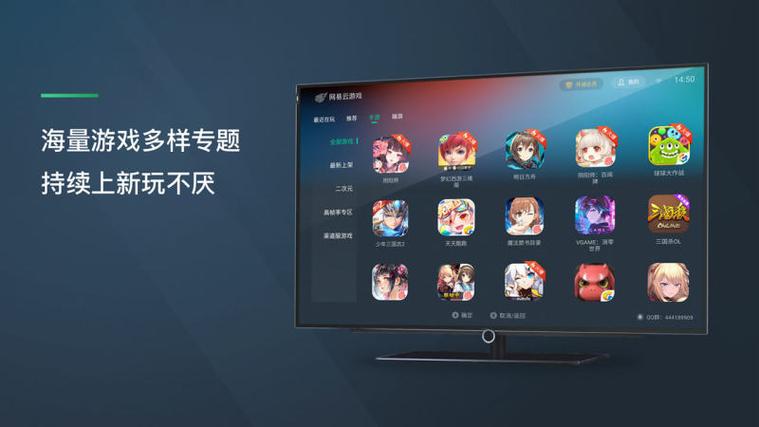
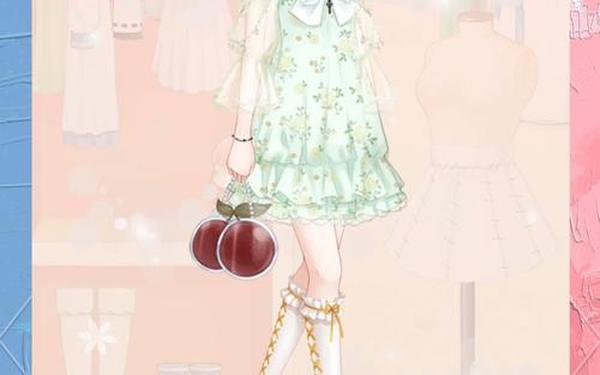
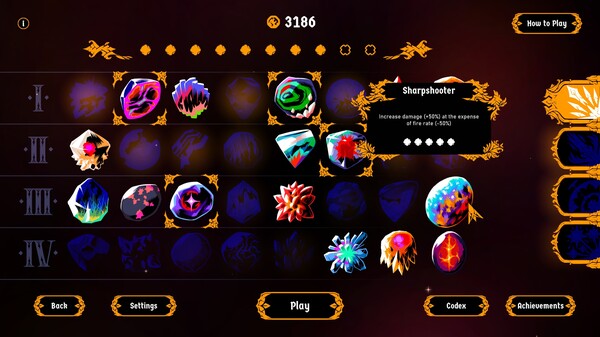
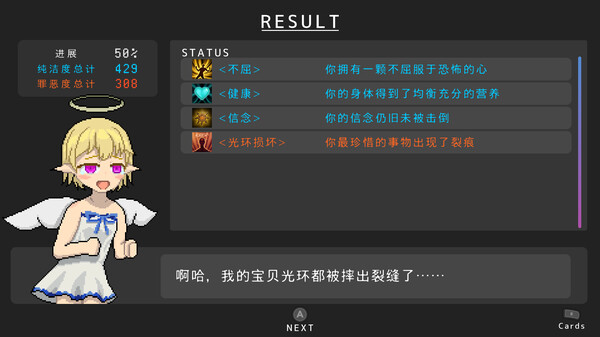


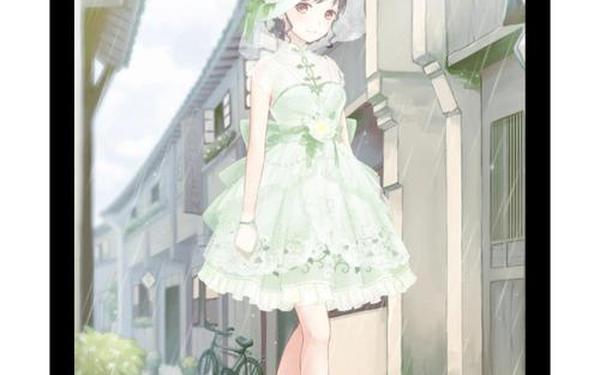
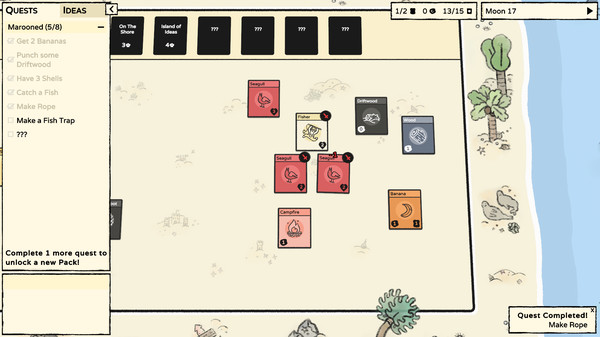



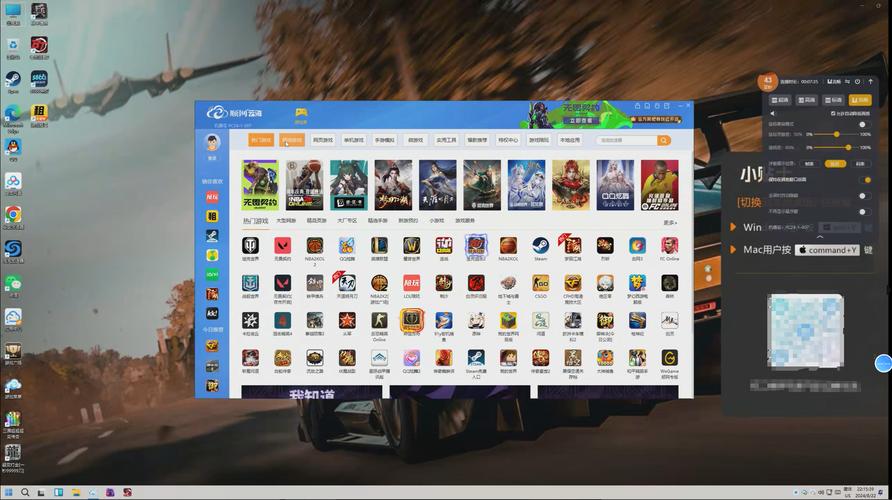
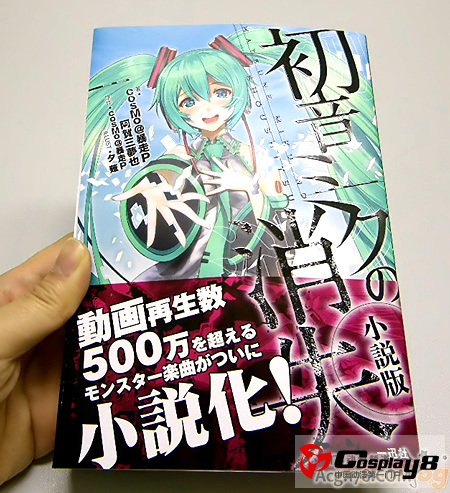



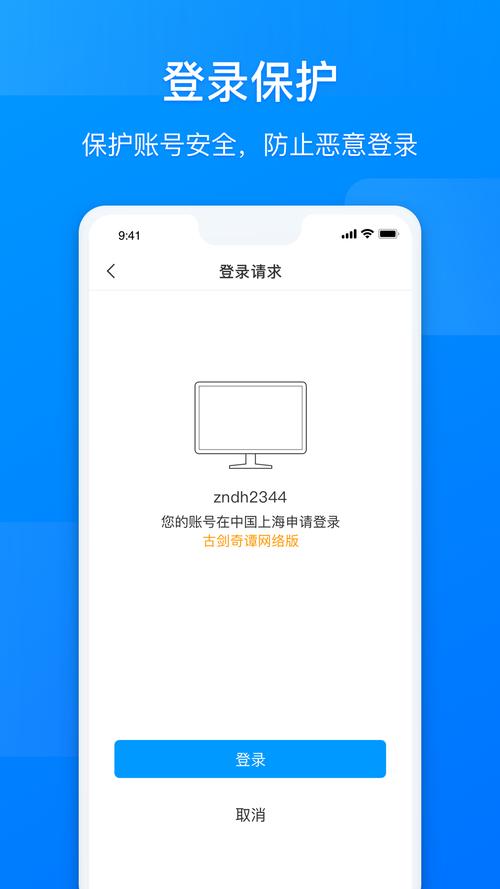
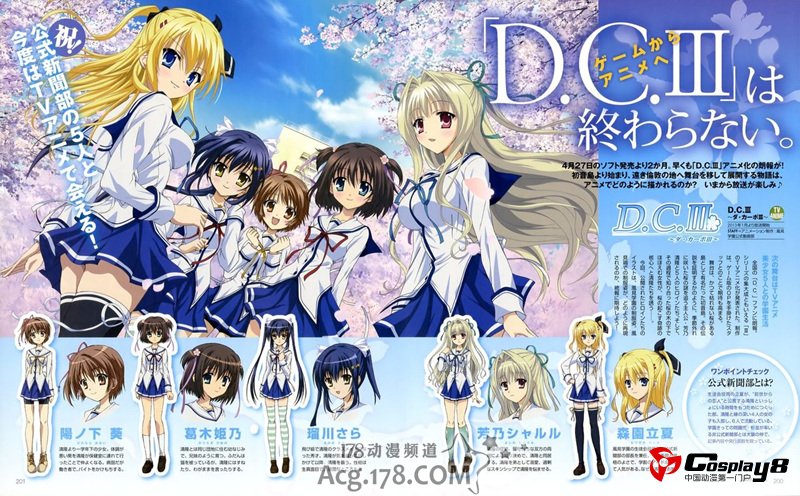
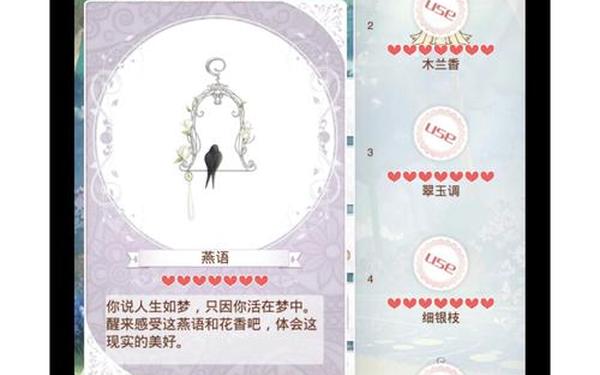

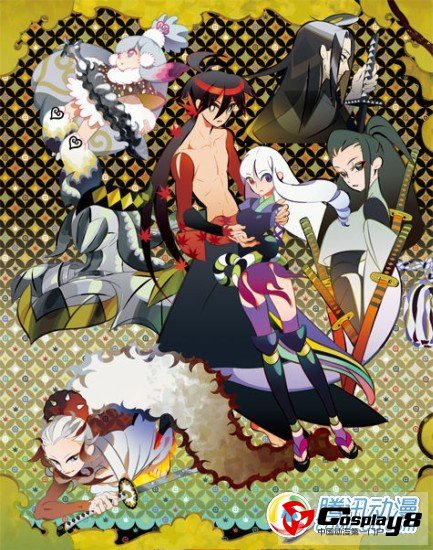
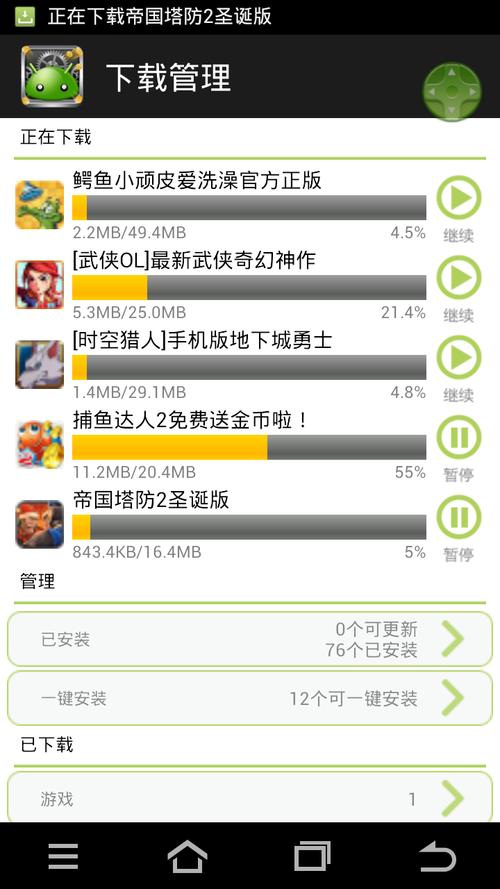



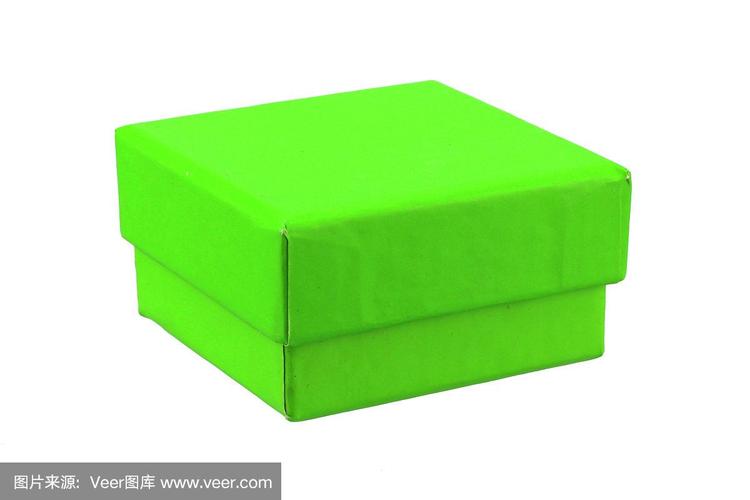
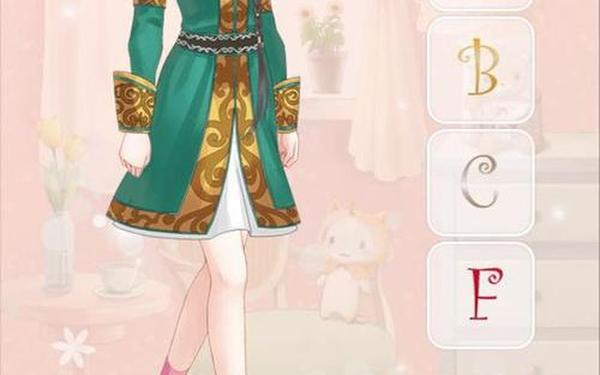



发表评论